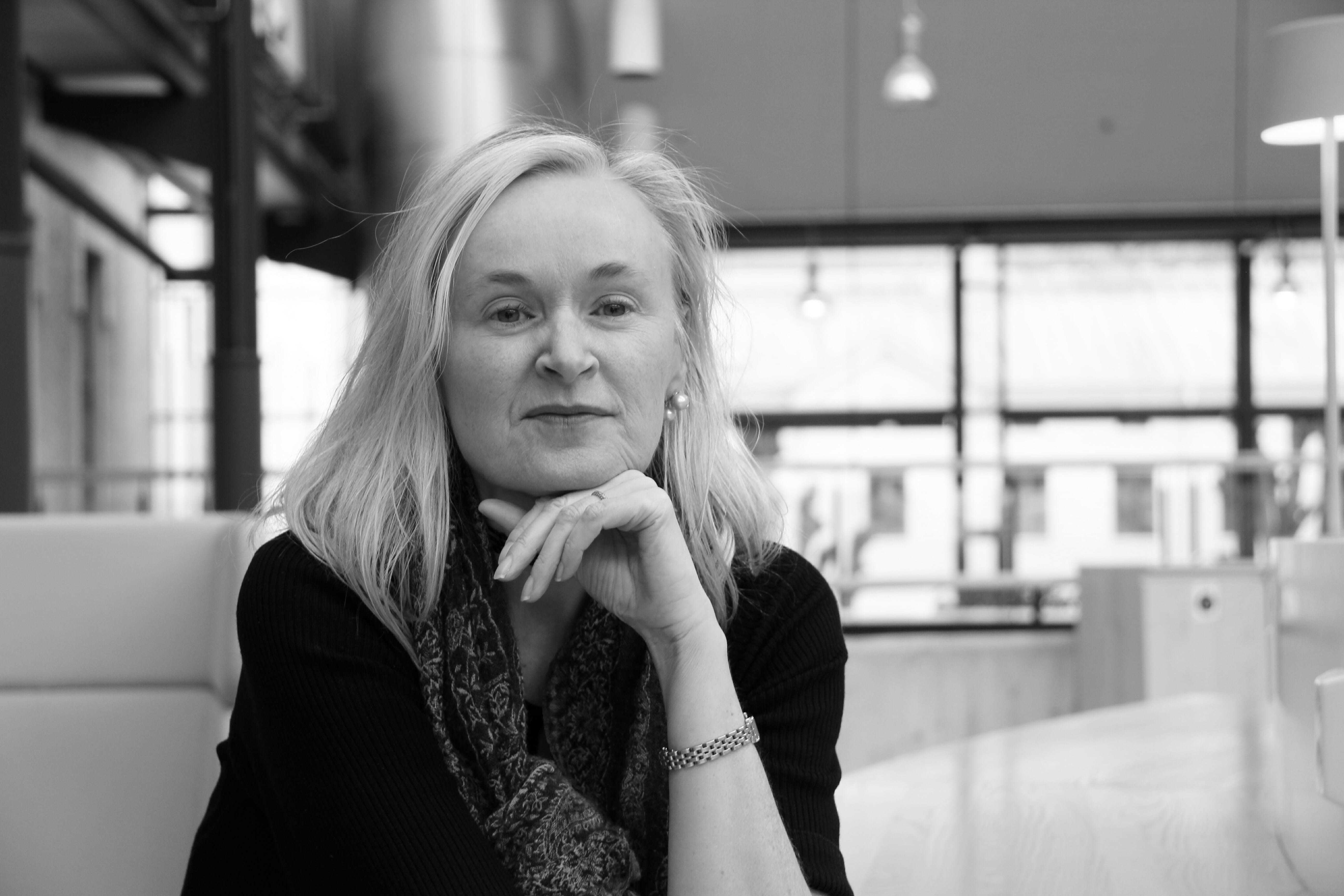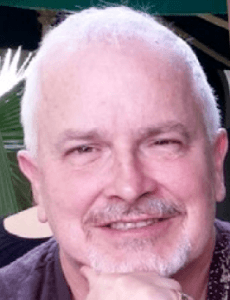AR+ Waking. Liberating the Ivory Tower. Organizing the Like-Spirited.

The following blog is part of a series of rich interviews with action researchers. Many of them will participate at the first AR+ Transformations Gathering. Read more on the Waking blog.
Hilary: Many of us agree that we need and want a new Learning Society, where transforming self and community is part of our transition to a more sustainable society. The words “liberation/cultivation/transformation” signal how we are thinking about new ways of creating knowledge beyond the Ivory Tower we have inherited.
Steve, I think of you as Mr. Transformation. Not least because you lead Transformations Forum, and your last book was titled Change for the Audacious. Can you share some of your thoughts about Learning Futures. How do we succeed with serving the generations learning needs?
 Steve: One of the important things is how we frame what and who is “inside” the transformation – who is already working on this transformation. There was that great paper with 34 authors (including ours trulies…is that a term?!), led by Ioan Fazey, Ten essentials for action-oriented and second order energy transitions, transformations and climate change research. I think he did a pretty good job of framing it around “action-oriented” and “second-order” research.
Steve: One of the important things is how we frame what and who is “inside” the transformation – who is already working on this transformation. There was that great paper with 34 authors (including ours trulies…is that a term?!), led by Ioan Fazey, Ten essentials for action-oriented and second order energy transitions, transformations and climate change research. I think he did a pretty good job of framing it around “action-oriented” and “second-order” research.
Hilary: I like that paper, love that it’s freely available, and that Ioan pulled many likeminded researchers together. Action Research is foremost in a mode 2 science orientation. It’s good timing now to connect up with the like-spirited, e.g., the Transdisciplinary folks, with whom we share a lot in common. And there’s more people who are simply doing transformative research, without any particular label.
Steve: How would you describe what’s common among them?
Hilary: Well let’s see. I feel a list coming on…First, there’s shared intention on what we’re up to. We do this kind of research to realize a better, more beautiful world for all; there’s a values orientation.
Second, as “researchers” we’re working with key stakeholders. This kind of research-as-inquiry presumes participative methods.
And third, we realize that it can’t only be about only or primarily about scientific expertise; we need to include other ways of knowing – community, indigenous, women’s ways of knowing, multiple disciplines, etc.
Fourth, it’s about realizing that we researchers are part of whatever we’re doing…we aren’t simply objective, dispassionate researchers. Nor are we entirely not that. We’re concerned about the limits of our own biases, we practice reflexivity.
Steve: That’s a good start! What does “better” or more beautiful mean? At the SDG Transformations Forum, we talk about moving in support of the sustainable development goals, the SDGs and a flourishing future for all.
Hilary: Yes. What’s not to like in the SDG’s. I see them as a way to create alignment among different efforts, it calls us to transcend and add together our discrete focus. When we include people who are doing research with the characteristics I listed, it’s really a pretty big group.
Steve: But as Gabrielle Bammer has long been pointing out, these people are fragmented. We lack a shared identity. So a core role of the Learning Futures Co-lab is figuring out how to transcend the individual identities – not lose them, because they all have value in their traditions – but transcend them into the bigger common vision we’re all working for: say the virtual university of the future. It’s not thought of as an “institution,” but as a way of being and working that embraces action-oriented science as well as conventional science and applied science.
Hilary: Hmmmm. A lot has to do with power and overcoming old narratives. I mean, to succeed we’re taking on some pretty entrenched traditions and rewards. So I am very curious about how to help organize the likeminded. How do we accomplish more together? Not getting bogged down in arguments over whose details are more right.
Steve: which is why it’s so important to organize the early adopters, so they can transcend their differences and jointly pressure funding agencies, university reward mechanisms, and create spaces for action-oriented research to flourish.
Hilary. Precisely Mr. Transformation. We’re a community, a global one, and we need to organize. That’s what we need to do – and in doing it we’ll learn how to do. Inside AR+ that is what the Learning Futures Colab is dedicated to. It’s its own action-oriented research project. We’re each doing some interviews, aka action dialogues, with people in this community. I have been transcribing those interviews so I can send them back to the folks I talk with – essentially looking for that follow up on a particular idea we cooked up in conversation. So far it’s a rich learning loop. I hope there will be a few juicy experiments yet. I’ll share more in this blog thread as it unfolds.
Steve: I really love you describing your effort as action research, how you talk with stakeholders and create community, looking for ‘win-win’ experiments. So often when people start organizing, they throw out the window some core elements of their own work. I hope people will see this effort as a place to test and advance ideas about how to realize transformation – in this case, the object of transformation is about creating new learning structures and spaces.
Hilary: Thanks for that. I see it as helping a next generation, who are not even on the scene. In the meantime we’re organizing and bringing our own flavors to the “cooking” together of community. At AR+ we have been playing with cooking as metaphor. We have our Cookbook for action researchers which we love, of course. Cooking helps capture the conviviality, the nurturing contact and the emergence of something that has not been cooked before as we make a social transition to something we can’t fully imagine yet. What to call this future, a sustainable society, a post-growth society, a post modern society. Metamodern?
Steve: Yes, I think that’s part of the heart of our work to organize. We’re not organizing the reform of universities. When we strip away the institutional focus of “university” we can talk in terms of what’s needed for “societal learning”…how do we build societies’ capacities to do things they’ve never done before…the university is one part of that for sure. This kind of shift has happened before, with the rise of democracy, the outlawing of slavery.
Hilary: I am thinking of the votes of women – it started small, they were laughed at. And now we take it for granted. Well, so far so good anyway despite the rise of authoritarians all over.
Steve: We need many paradigm shifts to address the deep challenges of technological advancement, climate change and passing the carrying capacity of our planet.
Hilary: Let’s learn and organize our way into the future of higher education with action-oriented science! Action research has a big contribution to make to this transition. We’ll talk some more soon I hope …
- Three stories we did not tell about NGO-Community Collaboration in Uganda - April 18, 2024
- Podcast on PAR Peacebuilding in Colombia - April 15, 2024
- Julian Hauer’s Workshop– thinking wider and deeper - April 15, 2024
